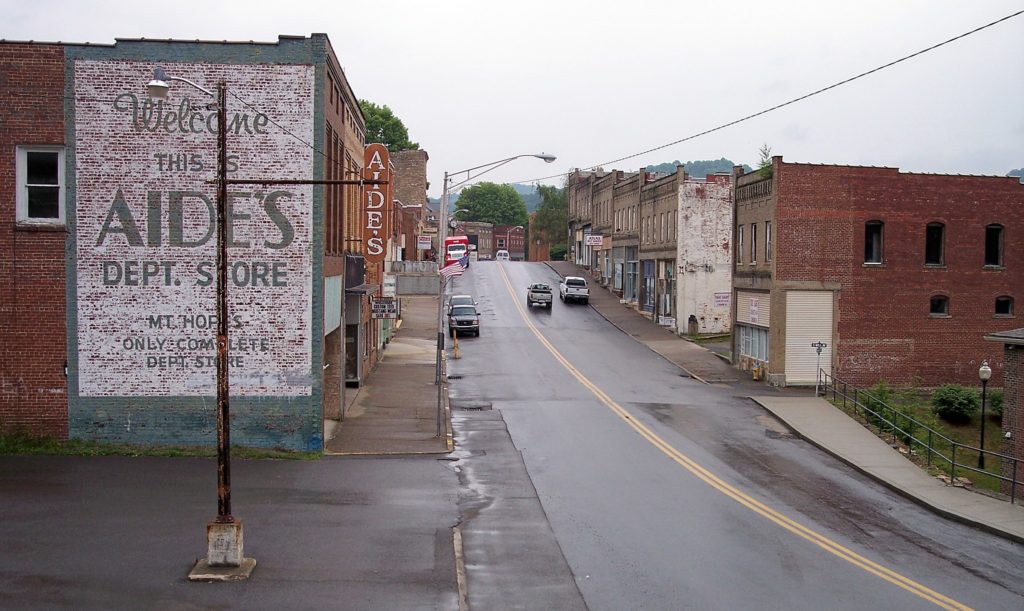West Virginia Governance

Unions were most surely always controversial in West Virginia. But thanks to the strong history of the United Mine Workers, West Virginia spent much of the late twentieth century as one the Democratic Party. So it’s depressing to see such a poor state just decide to be poorer and then elect people to office who will make the voters even poorer than that.
Over the past couple of weeks, about 1,500 West Virginians have learned they’ll lose their jobs because big companies are shutting down their workplaces.
Cleveland-Cliffs announced its tinplate production plant in Weirton will idle in April, resulting in potential job losses for 900 workers. Then, Allegheny Wood Products closed its doors and eliminated about 600 jobs at multiple locations.
Despite all those job losses, the Senate Finance Committee on Saturday took up two bills that would significantly restrict unemployment benefits in West Virginia.
The bills now go to the full Senate. Members of the committee noted that very similar bills have come up in past years but have not become law.
Organized labor leaders said they will urge their members to reach out to senators and delegates and tell them to reject any attempt to take away unemployment benefits.
“This is quite possibly the most heartless act I’ve seen in my 25 years of representing working people at the Capitol,” said Josh Sword, president of West Virginia AFL-CIO.
“To take earned benefits away from nearly 2,000 hard-working people who are losing their jobs through no fault of their own is unimaginably cruel and completely unnecessary.”
The changes, if instituted, would kick in July 1 — likely affecting people coping with unemployment after that date.
We will see if it passes, but once West Virginia went right to work, the game was pretty much for any kind of economic liberalism in the state. We still see grassroots actions. Notably, the counties where the teachers strike took hold in 2018 were the most Trump counties in the state. So at the very least, a whole lotta people can’t make even the most basic connections between their lives and the people they vote to represent them.


